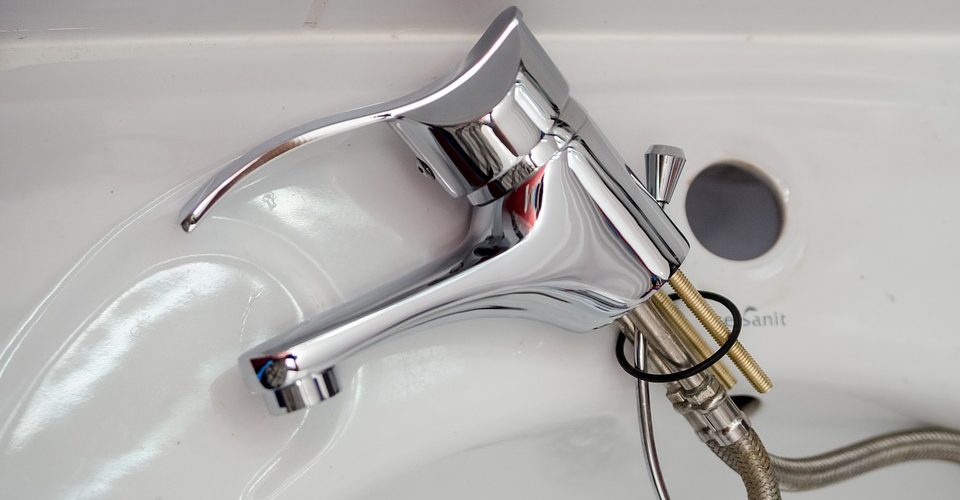
Irritating Home Plumbing Problems that you Can Prevent Now
- On March 8, 2023
Clogged drain, water pipe bursts, and leaking faucets!
Don’t we all dread these plumbing problems that instantly give us a headache after a long day at work?
Yes, they do. Not one of us wants to ever experience any of these plumbing issues that disturb our peaceful homes at the time we least expect it.
But when we live with kids who are not responsible enough in using the kitchen or the bathroom, or we fail to monitor the status of our plumbing fixtures, there is no way we can escape one or two of these plumbing woes.
Why Regular Plumbing Inspection and Maintenance is a Must
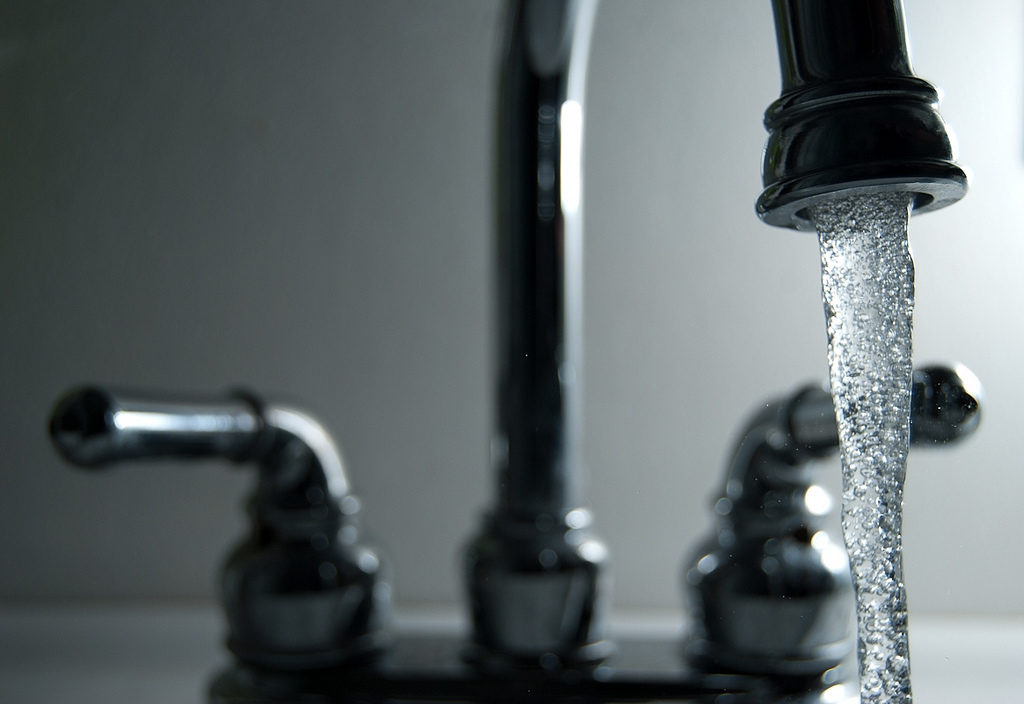
In fact, when you are maintaining a residential property, be it an apartment block or an HDB flat, your water supply system is something you have to pay attention to.
Of course, our first advice would be to watch over your plumbing fixtures regularly, such as the pipes, faucets, water heater, and drains.
Yes, we understand that times are harder now and we get busier but you can’t expect your faucets and water pipes to take care of themselves while you work.
Everything in our home gets old, be it an electrical appliance, a wooden desk, your very own bed, and your series of plumbing pipes hidden along your property. The problem is, we don’t know when they will get old enough to give up. And sometimes, even when they’re relatively new, they get easily damaged because we don’t know how to take care of them.
But instead of stressing you out thinking of how to properly take care of these plumbing fixtures on your own, we’ll give out these simple prevention tips. They are meant to help keep your bathroom and kitchen fixtures as intact as possible.
Some of them are very simple, no-brainer tips that we just need to remind you about, while some are innovative means to protect these fixtures in your home. Here you go!
Clear your drains with natural cleansers once a week
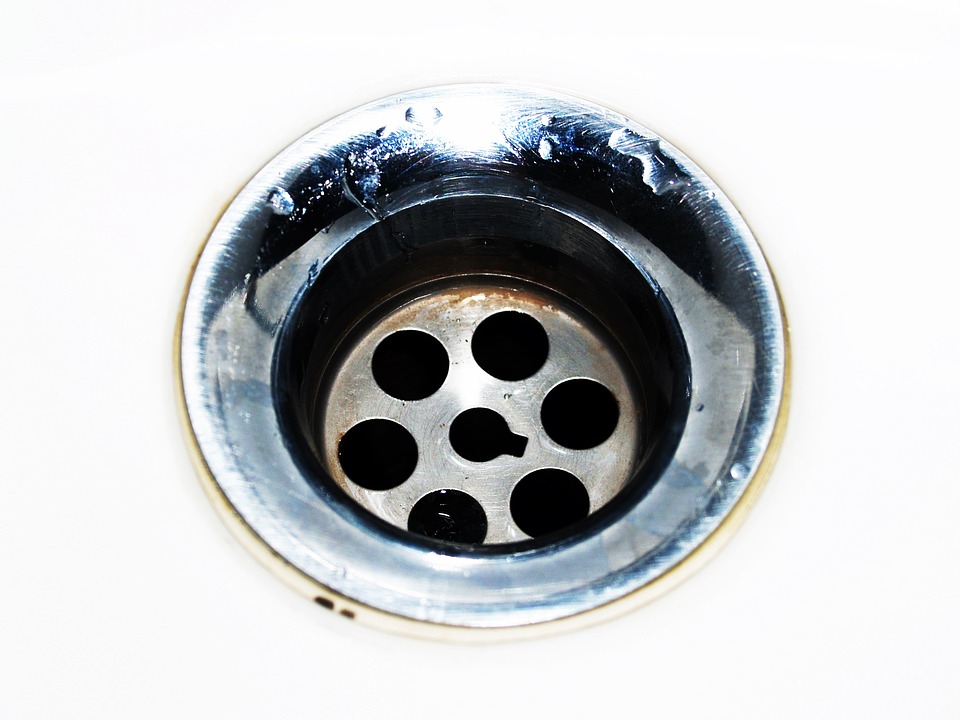
Sometimes, a little wiping and brushing is not enough to keep our kitchen drains from clogging. We often think these slight cleaning activities that we do regularly can save us from the unfortunate encounters of slow draining in our sink.
Whenever you cook greasy food and spill that oily dish from your pan straight to the sink, you can’t feign ignorance and tell yourself, your drain can handle it.
The time will come that those grease and oil will accumulate to form a sticky and semisolid compound that will slow down the work of drain. Again, a little wiping and brushing of the sink will not suffice to prevent this from happening.
What you should do is to use a natural cleanser such as the combination of vinegar, baking soda, and hot water in order to dissolve the greasy compound under your drain. Do this regularly, once a week to be exact, or whenever you feel like your drain starts to slow down.
The same formula can be used for your bathroom in order to avoid clogging of floor traps and bathroom sink. It will not only prevent clogging but will eliminate foul odor from this part of your home.
But if you still encounter this plumbing issue over and over despite your diligence in maintaining the cleanliness of your kitchen and bathroom, there must be a more serious underlying reason for your home’s drain clog.
In this case, you have to ask for professional assistance from drain cleaning and clogged drain fixing pros who are capable not only of cleaning the drain, but of repairing damaged pipes underneath your kitchen and bathroom too.
Use quick-to-dissolve tissue in the bathroom
Okay, not everyone who uses your bathroom will be responsible at all times to put the tissue in the trash bin. You certainly cannot expect that from kids who don’t follow any rules. In fact, even some adults have the practice of dumping tissue paper into the toilet bowl. It seems automatic to some of them.
So instead of relying on the goodness of your kids or visitors, better put your toilet bowl’s fate in your own hands. Protect it from clogging by choosing the right kind of tissue.
If you cannot expect your bathroom visitors to be kind enough to trash the tissue into the bin, then choose easy-to-dissolve tissue that, as the name suggests, disintegrates or breaks down more easily than the standard tissue that we commonly use.
Some of these easy-to-dissolve toilet papers are biodegradable so you pretty much know what to expect. If you’re wondering why biodegradable tissue papers are easier to break down, it lies in their composition. These toilet papers are made from bamboo, cotton, wood fiber and other raw materials that are not as compact as a tissue paper made from trees.
By using biodegradable tissue in your bathroom, you’re also going for a more eco-friendly alternative. Since they are not made of trees, you are saving our mother earth from tree cutting activities that are required for the production of ordinary tissue papers.
Insulate your pipes
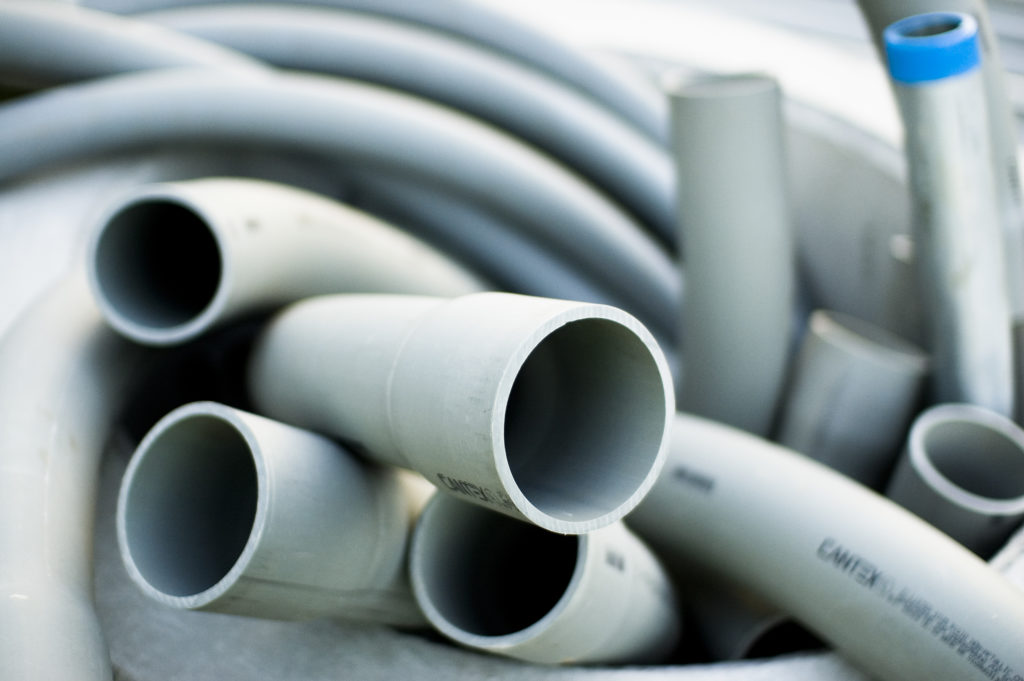
Not all of us are aware that pipes can be insulated. We can’t blame you because pipe insulation is not a common practice in a residential setting. Industries, factories, and plants are the usual beneficiaries of pipe insulation.
Basically, this process is done to protect pipes from harsh environments such as too much heat or coldness. You can either buy an insulated pipe or hire pros to insulate your pipes at home. The process of insulating pipes involves enclosing pipes with stronger materials such as calcium silicate, mineral wool, or steel.
In countries where temperature drops to as low as zero degree Celsius or below in winter, pipe insulation is their resort to protect these water supply networks from freezing.
We can also do this in our home pipes to protect them from too much heat. Pipes outdoors can be insulated to avoid breakage that eventually leads to pipe bursts. You can only imagine the amount of heat your outdoor pipes endure in summer. It’s but right to protect them from this extreme weather condition.
You can insulate your indoor pipes too, either in the kitchen or in the bathroom. Although pipe insulation is not a usual practice in residential settings, give it a try in order to protect your water supply network from different factors. These factors include unruly kids, accidental hitting of pipes, and other causes.
After all, broken pipes do not only result to wastage when water bursts. They also cause the entry of different impurities that contaminate our water supply.
Opt for water press type faucets
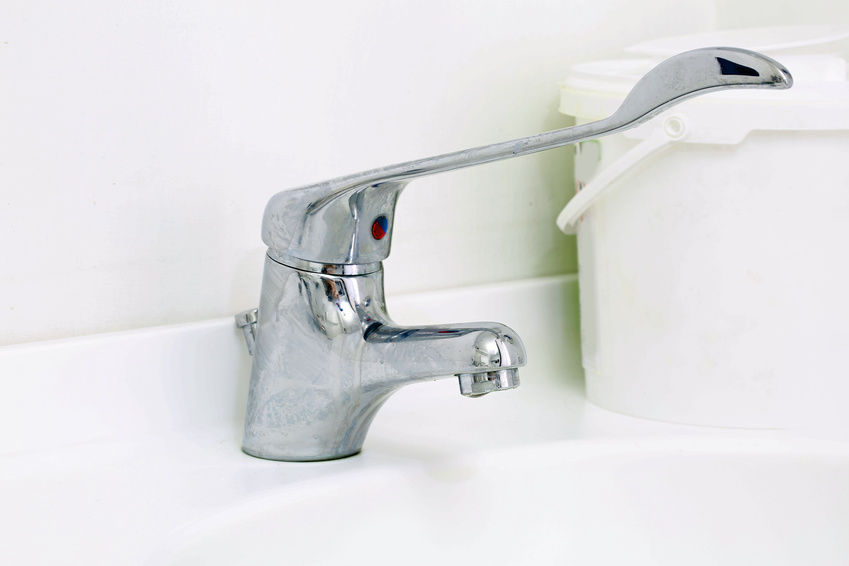
Another popular plumbing woe that we all hate is a leaky faucet.
Typically, steel faucets can last for about 15 years if properly maintained. So it begs the question, do you maintain your faucet properly?
Taking care of your faucet is simple. Don’t turn it to its maximum intensity all the time because it will stress out all the parts inside the faucet. Avoid turning the handle or knob too hard or it will loosen up.
But if you live with kids who see the tap in your kitchen as one of their toys, not a fixture to take care of, you can’t stop them from playing with it. So our advice: Go for a water press type of faucet that does not have a handle to twist.
A water press type of faucet is perfect for families with kids because they are not that prone to damage. They are designed not with a fragile handle that easily loosens up, but with a thicker button that you only need to press to make the water come out.
That’s mainly the reason why restrooms in shopping malls and commercial establishments have water press type faucets. This makes maintenance easier for these establishments.
Choose the same type of faucets in your home, both in the bathroom and in the kitchen so you can lessen the chances of a leaky faucet.
Check and correct water pressure when it’s too high
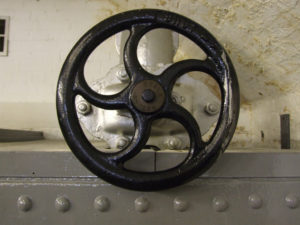
What do we know about home water pressure? Most of us have the general knowledge that water pressure is the intensity of water that comes out of our faucets and other fixtures that are connected to our water supply network.
All of us know that we can control this water pressure by simply adjusting the valve under our fixtures such as the toilet bowl and sink.
While we know that water pressure can be controlled, not all of us are doing any adjustments on our water valve. We don’t even care whether the pressure from our faucets become stronger than the usual.
One thing to note is that too much water pressure can damage our plumbing fixtures, appliances, and pipes.
When water pressure suddenly rises to levels that are too high for our water pipes, it may reach a point where the pipes couldn’t take the pressure anymore. This leads to our pipes bursting.
The same negative effect can happen to our water-dependent appliances such as the washing machine. A very high water pressure can cause damage to the different components of our washing machine.
If these durable appliances can get damaged because of high water pressure, just imagine its effect on your small fixtures such as the bidet in the bathroom and the faucet in the kitchen.
What we can do is to regulate water pressure in our homes by installing a device that is designed specifically for that. This regulator that can be installed in our plumbing network keeps water pressure in safe levels.
Even without this regulator, you can manually lower the water pressure that all your plumbing fixtures at home receive. Simply adjust your home’s main water valve to lower the pressure in order to keep your fixtures safe from damage and possible leaks.
Final Note
While all these plumbing tips are simple and easy to do, they are all head knowledge unless you apply them in your daily living.
Maintaining our plumbing system may not be the most exciting thing to do inside the house, but it will definitely save us from accidents and inconveniences that are avoidable if we’re responsible enough.
The key to saving ourselves from plumbing woes is not plain head knowledge of the ways how to do it, but the diligence of actually doing them regularly.
So be smarter than yourself by writing a note on your mobile phone or by leaving a memo on your fridge about these tips. Make a schedule and follow it strictly. Make plans and be responsible to carry them out.



0 comments on Irritating Home Plumbing Problems that you Can Prevent Now